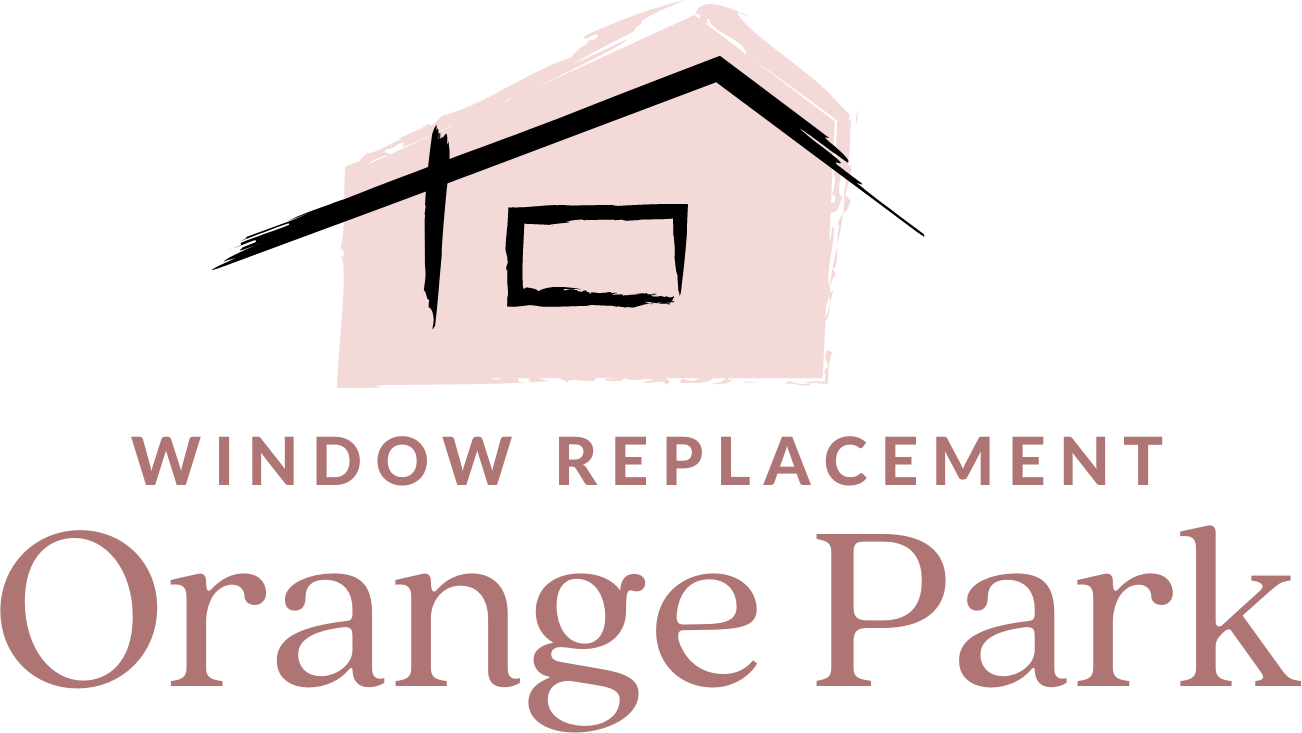Window replacement can make a significant difference in your home’s resale value and energy efficiency. It can also improve the appearance of your home.
Choose a company that offers both standard and impact-resistant windows. Look for windows with a low-E coating and spectrally selective glass designed for Florida’s climate.
Window frames come in many different materials, each with its own benefits and drawbacks. Vinyl is the most popular choice for homeowners due to its cost-effectiveness and low maintenance.
Cost of Glass
New windows can improve your home’s resale value and lower your energy bills. They can also protect your house from the elements and increase its security. However, the cost of installing them varies widely depending on the type and size of window you choose.
Vinyl windows are a popular choice for Jacksonville homeowners because of their durability and minimal upkeep requirements. They are a bit more expensive than aluminum windows but offer a sleek, contemporary appearance. Double-pane windows are a better choice for homes in colder climates, as they provide enhanced insulation and reduce sound transmission. They feature two glass panes with a gap filled with inert gas, such as argon or krypton, which boosts thermal efficiency.
Window replacements are a significant investment, so it’s important to find a local installer that offers extensive model varieties and strong guarantees. Look for a provider that’s accredited by top manufacturers and has local references. Additionally, it should follow installation best practices to ensure that your new windows are safe and durable.
Cost of Frame
Window replacements are a major investment, but they can improve the aesthetic of your home, reduce energy costs, and increase resale value. The key is to understand what influences the cost of these upgrades, and how they compare to other types of home improvement projects.
The first factor to consider is the type of window you want to replace. Different styles come with varying price points and durability levels. For example, clad wood composite windows are more expensive than vinyl models, but offer superior durability.
Another consideration is the level of energy efficiency you want in your new windows. Options include u-factor and solar heat gain coefficient ratings, which affect how well your windows insulate your home. You may also choose to upgrade to double- or triple-pane glass. These features will add to the overall cost of your windows, but can help you save money on heating and cooling costs in the long run. Also, be sure to consider installation options such as block frame installations.
Cost of Labor
There are many factors that contribute to the cost of installing replacement windows. For one, labor rates can vary depending on the region. In addition, additional features can increase the overall price of a window. For example, adding energy-efficiency options like double or triple glazing or low-e glass can add up to 15% to the total cost.
Window installation requires specialized skills and tools. A reliable contractor can provide you with a detailed estimate for the entire project. He or she will also explain any additional fees, such as disposal costs for old windows and cleanup costs.
Another factor that can affect window replacement cost is the choice of frame material. Fiberglass is a popular option because it is durable and energy-efficient. However, it is more expensive than other options such as wood or vinyl. If you are looking for a budget-friendly alternative, choose a single-pane or awning aluminum window. These windows are less expensive and offer good insulation.
Cost of Installation
There are a number of factors that affect the cost of window replacement. The size of the windows plays a major role in overall costs, as well as the frame type. Some frames are more aesthetically appealing than others, while others are better at insulating homes or reducing energy costs.
Some homeowners may be able to offset the cost of their new home windows by taking advantage of tax deductions for energy efficiency. These rebates and tax credits are available at the state and federal levels.
There are several types of windows available in the market, including wood clad, fiberglass, and aluminum. Some of these are low-maintenance and easy to clean, while others offer unique aesthetics and specialized features. For example, impact-resistant windows are a good choice for homes in hurricane-prone areas as they can withstand hurricane-force winds and the debris thrown by those winds. Other options include sliding, awning, and casement windows. Each style of window has its own benefits and drawbacks, so it’s important to do your research before choosing a contractor.
